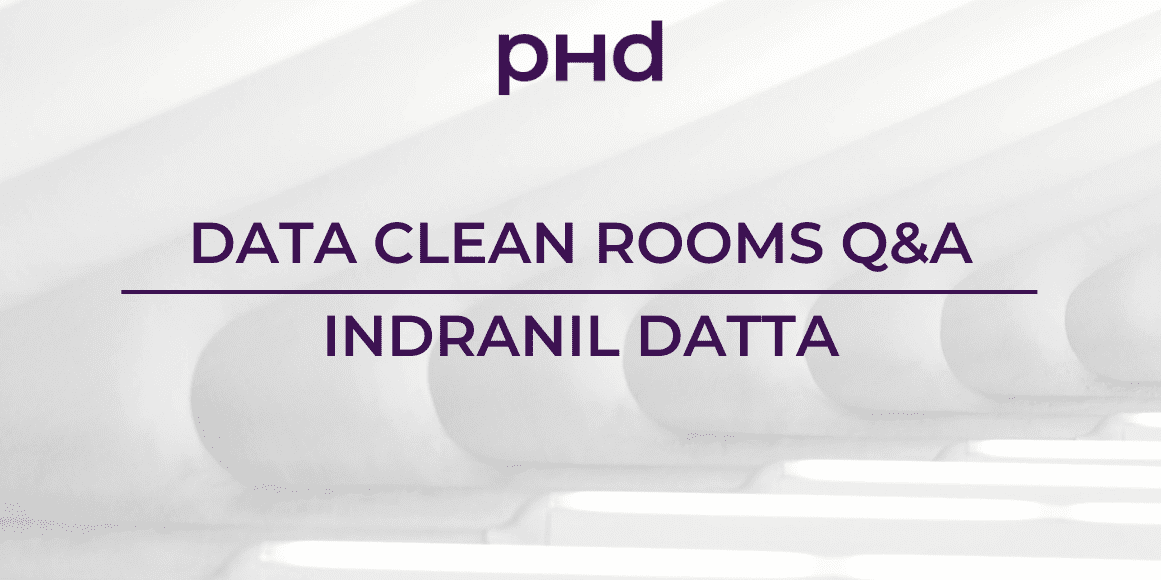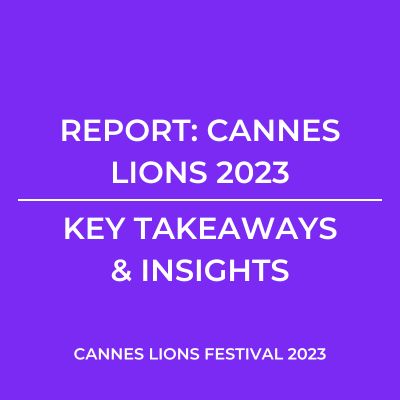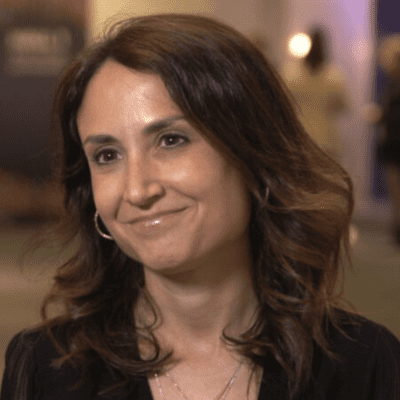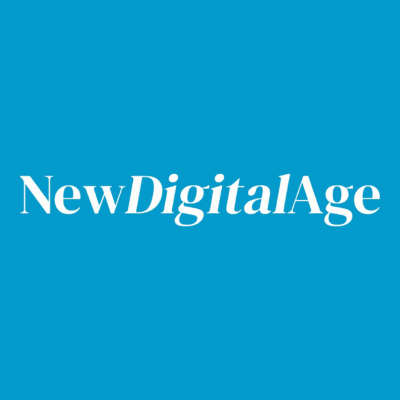Episode overview
At a time when data has become the most important currency, marketers are increasingly looking to learn more about their customers.
But, in an environment obsessed with consent, regulations, and GDPR, what’s the best way of obtaining this data?
To find out, we spoke with Indranil Datta, Head of Technology Services at Annalect EMEA, to discuss how to get started with first-party data management, explore how Data Clean Rooms are helping advertisers collect and analyse data from third parties safely, and outline how to build innovative and future-facing data partnerships.
PHD: How has the data landscape changed over the last few years?
ID: The data landscape is as exciting as things could be at this point and to put things in perspective. There are two major areas of change that I see acceleration happening in. The first one is about government regulations and privacy regulations.
There is the well-known European regulation called GDPR, and then subsequently out of California, another regulation passed called CCPA, and now we have a slightly more stringent and well-defined cousin of that, called CPRA. There are also other privacy regulations like LGPD in LATAM.
PHD: How do you keep up to date with the different regulations coming into play?
ID: The internet is a very good place but it’s always difficult to keep on top of things, so thankfully, there are some useful materials and resources available within Omnicom. A subscription to podcasts like The Shift Sessions are really useful.
There is also a privacy hub that is maintained from within Annalect. It’s essentially a Sharepoint site that distils the different important legislations, privacy news, and our point of view around those legislations, as well as privacy updates that are compiled in one single place. Going forward, at an OMG level, there is a series of talks called Future Signals, especially, meant for very senior clients and executives within our client organisations.
PHD: Are there specific industries or verticals that have been affected by these changes?
ID: It is always going to be dependent on what the relationship is with consumers with certain verticals. There are specific verticals, like CPGs or big brands, where they have traditionally had the problem of one-to-one relationships with consumers. The impact on those businesses is going to be more accentuated than other business verticals like ecommerce.
PHD: What is a data clean room and what are they used for?
ID: A clean room is essentially a facility to connect datasets from two or more independent entities — securely and privately.
Clean Rooms are a platform or a mechanism to do that in a secure way and in a way that becomes privacy-safe and regulation safe.
We use clean rooms to fundamentally stop the propagation of consumer data and PII information from going out into the world.
Clean rooms are places where you can securely store data. In almost one hundred per cent of cases, they are cloud-based setups where there is cloud infrastructure available. You can upload and store data securely.
PHD: What are the benefits of clean rooms for marketers?
ID: Clean Rooms help in stopping propagation and a brand’s loss of control over consumer data and identity. That is one of the major impacts or major advantages of clean rooms. Secondly, it creates alternate mechanisms to continue the marketing activities that are becoming increasingly difficult.
Clean Rooms cannot solve all problems, but they can help with audience enrichment, audience targeting, and insights generation. These are things that can be done through Clean Rooms, even when cookies are getting deprecating, and the overall regulatory landscape is changing.
PHD: How do you think data regulations will evolve over the next few years and what should marketers be cautious of?
ID: 2023 is a year where you know there are a series of very important regulations that are going to come out. Five different US laws are getting passed this year which are on the lines of CCP and CCCP. We know that the entire Middle East or MENA are moving towards a GDPR risk model.
We also know that the Australian authorities are revamping the privacy act, which was done in 2018, and they are going to take a GDPR-like position, albeit in a slightly softer stance.
Specifically in the EU two very important regulations got passed in 2022 and will take effect this year; this is the Digital Services Act and Digital Markets Act. The Digital Markets Act is very interesting because you know it creates an anti-monopoly situation to make sure that there is no anti-trust happening, especially by some of the larger giants within the digital ecosystem. The Digital Services Act concentrates on creating more transparency and more data safety for consumers.
PHD: What do you anticipate changing this year?
ID: One of the things that we anticipate seeing is the scale of third-party data, especially when it’s connected to cookies. Mobile IDs are going to diminish significantly. We know that the end of third-party cookies in Chrome isn’t coming until the end of 2024. Sometime around that, a lot of companies are de-risking themselves against that.
For the longest time, we knew that this cookie-based third-party-based proliferation of consumer data wasn’t the right model, and a lot of companies are taking advantage of this opportunity. This diminishing of third-party data scale is going to happen.
We are also going to see browser-based data-sharing control come to the forefront. What I mean by that is the consumers are going to get more control and you know control in terms of browser features that will enable them to stop data sharing and that’s going to be more visible, more user-friendly. So that’s a trend that is coming up.




